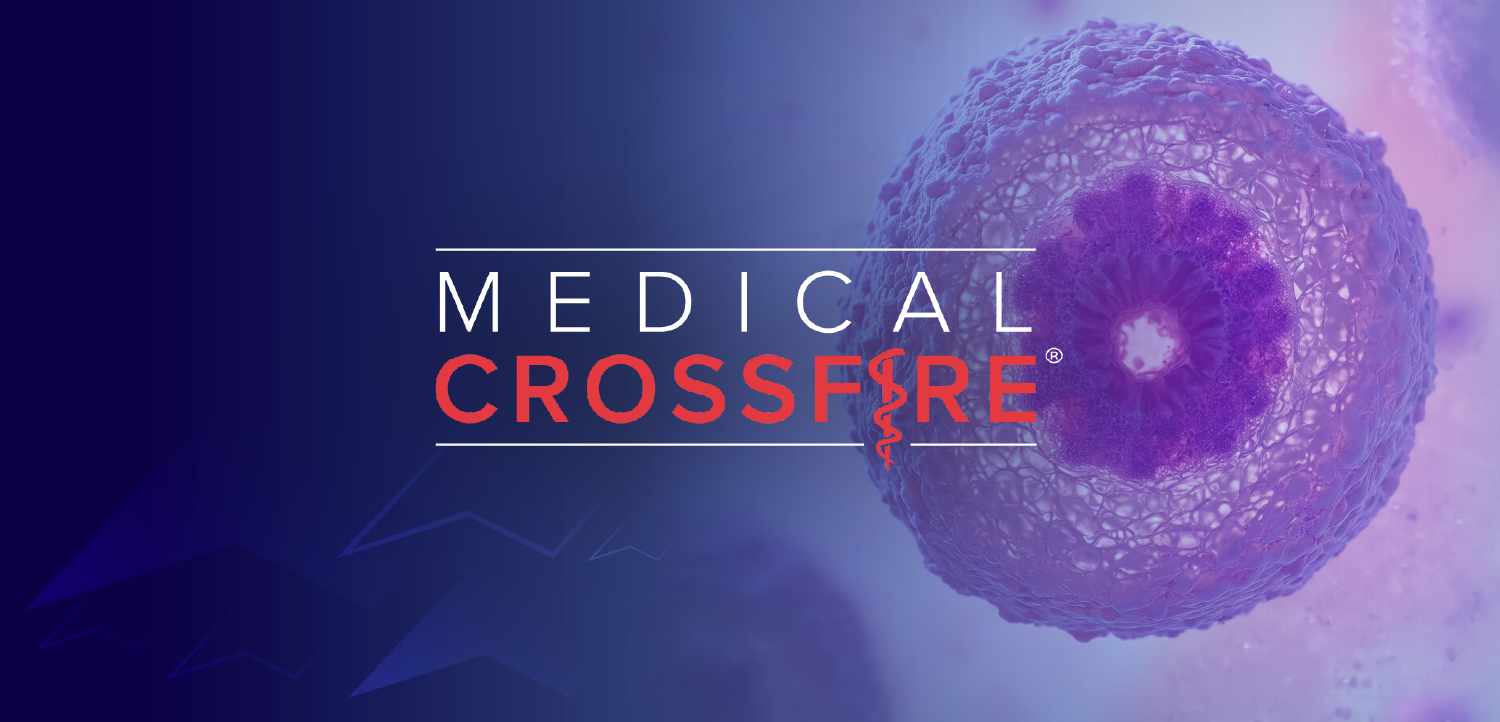
- September 2014
- Volume 8
- Issue 7
Is it Time to Think Outside the Box?: New Approaches to Genetics Services
The demand for genetic services has never been greater. Vast advances in genetic technology, Angelina Jolie's disclosure that she is a BRCA mutation carrier, and the Supreme Court ruling on gene patents have hurled genetic services into the mainstream. Since the Supreme Court ruling last year, the cost of germline (hereditary) genetic testing has plummeted and now includes panels of genes.
Ellen T. Matloff, MS, CGC
The demand for genetic services has never been greater. Vast advances in genetic technology, Angelina Jolie’s disclosure that she is a BRCA mutation carrier, and the Supreme Court ruling on gene patents have hurled genetic services into the mainstream. Since the Supreme Court ruling last year, the cost of germline (hereditary) genetic testing has plummeted and now includes panels of genes.
The error rates in ordering and interpreting genetic testing were already high, resulting in incorrect recommendations for surveillance—and even prophylactic surgeries—across the country. The move from single gene testing to multigene panels will, unfortunately, drive this error rate even higher.
Add to this a genetic testing laboratory, desperate to retain a share of the lucrative BRCA testing market, has launched a campaign recruiting mammography technicians with little if any education in genetics, to order genetic testing themselves, and it is easy to predict that the error rate will increase even further.
Some insurance companies, including Cigna, have reacted to the mass misordering and misinterpretation of genetic testing by requiring that their members receive genetic counseling by a certified professional before having certain types of genetic tests. It is not difficult to see how all of these events will cause a logjam in genetics services.
Many premier health centers recognize the dire need for genetics services and are expanding their teams of certified genetic counselors to handle these needs. However, even with these increases, many centers have a wait time of many weeks or months for nonurgent referrals. What can we do to help ease these needs?
Increase the nurse’s role in genetic evaluation
Nurses often have close, repeated contact with patients and their families. They are perfectly positioned to:
- Take a detailed personal and family history of cancer
- Determine which patients require a referral to a certified genetic counselor and facilitate those referrals
- Discuss the basic pros and cons of genetic testing with the patient, including the benefits for other family members
- Dispel myths that often prevent patients from having genetic testing in the first place (eg, my health insurance will discriminate against me; my insurance won’t cover testing; testing involves a painful, invasive procedure; my only option if I test positive is prophylactic surgery).
- Nurses can increase their knowledge of somatic tumor testing, which will be used more and more to guide personalized medical treatment. Such testing can also uncover underlying germline (hereditary) genetic mutations, and the nurse can facilitate a referral for genetic counseling when such findings arise. When genetic mutations are found that are only in the tumor, and are not hereditary, nurses can help explain these complex findings to patients and their families.
Utilize phone counseling for patients who cannot access in-person counseling
Due to distance, long wait times, preference, or because the patient is unable or unwilling to travel, some patients may be better served by utilizing a certified genetic counselor by telephone. There are now several reputable services available that accept health insurance, including:
- InformedDNA.com
- GeneticCounselingServices.com
Understand direct-to-consumer (DTC) genetic testing services
There has been great resistance by healthcare providers to embrace DTC genetic testing services due to concerns about the quality of testing and reporting and the nature of testing offered (SNP-based risk estimates vs. mutation-based; tests with known vs questionable scientific validity and utility).
Some of these concerns have been warranted and have prompted the FDA to examine these practices. These examinations will likely prompt improvements to DTC services.
There is a huge consumer desire for these services, and they will likely continue to increase over time. Oncology nurses can deploy a frontline approach in interpreting DTC testing by:
- Requesting a copy of the patient report
- Deciphering what testing was actually performed (eg, the common Jewish BRCA mutations vs full sequencing of BRCA1 and BRCA2)
- Determining if that patient requires additional testing and a referral to genetic counseling.
- Concluding that if a patient with a striking personal and/or family history has tested “negative” via DTC testing, the history warrants further evaluation with a genetic counselor.
Genetic services will play an increasingly large role in medical care as we move forward. We will need to continually evaluate new genetic service models while maintaining the highest standards of care to minimize errors and maximize benefits as these exciting new technologies unfold.
Ellen T. Matloff, MS, CGC, is president & CEO of Gene Counsel in New Haven, Connecticut (www.mygenecounsel.com).
Articles in this issue
about 11 years ago
Building Trust and Giving Voice to the Patient's Wishesabout 11 years ago
Clinical Considerations for Managing Refractory Multiple Myelomaover 11 years ago
Weight Bias: A Clinical Concern That Cannot Be IgnoredNewsletter
Knowledge is power. Don’t miss the most recent breakthroughs in cancer care.
















































































